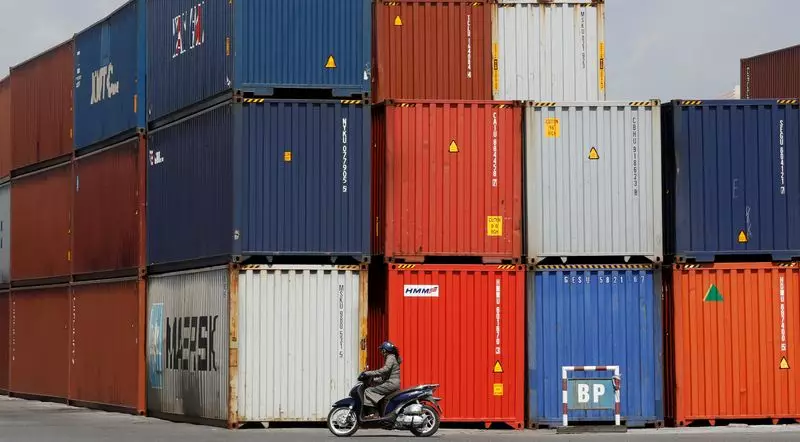The decision by the U.S. Commerce Department to continue classifying Vietnam as a non-market economy country has been met with disappointment in Hanoi. This classification, which puts Vietnam in the company of only 12 other economies marked by heavy state influence, means that punitive anti-dumping duties will continue to be levied on imports from Vietnam. Despite efforts by Vietnam to seek an upgrade, citing recent economic reforms, the U.S. has decided to maintain the status quo.
The decision to keep Vietnam classified as a non-market economy has sparked mixed reactions from stakeholders. While retailers and some business groups have supported an upgrade for Vietnam, U.S. steelmakers, Gulf Coast shrimpers, and honey farmers, along with their representatives in Congress, have opposed the move. The debate highlights the complexities of trade relations and the diverse interests at play in the decision-making process.
Impact on U.S.-Vietnam Relations
Washington’s efforts to foster closer ties with Vietnam, particularly in the face of strategic competition with China, have been dealt a blow by the decision to maintain Vietnam’s non-market economy status. Analysts have expressed concerns that this decision could have negative implications for U.S.-Vietnam relations, especially given the recent elevation of ties to a comprehensive strategic partnership. The development raises questions about the future trajectory of the relationship between the two countries.
Critics of the decision to keep Vietnam classified as a non-market economy have questioned the rationale behind the move. Some have argued that Vietnam’s economic reforms and growth should have warranted an upgrade, especially considering the country’s role as a manufacturing hub for Chinese firms. The decision has been branded as “ridiculous” by some experts, who argue that Vietnam’s market is as free as many other economies not on the non-market economy list.
As the U.S. continues to classify Vietnam as a non-market economy, the implications for trade relations between the two countries remain unclear. While some believe that the decision reflects a necessary caution in acknowledging distortions in the economies of trading partners, others see it as a missed opportunity to strengthen ties with a key ally in the region. The road ahead will require careful navigation of the complex dynamics at play in the U.S.-Vietnam relationship.

